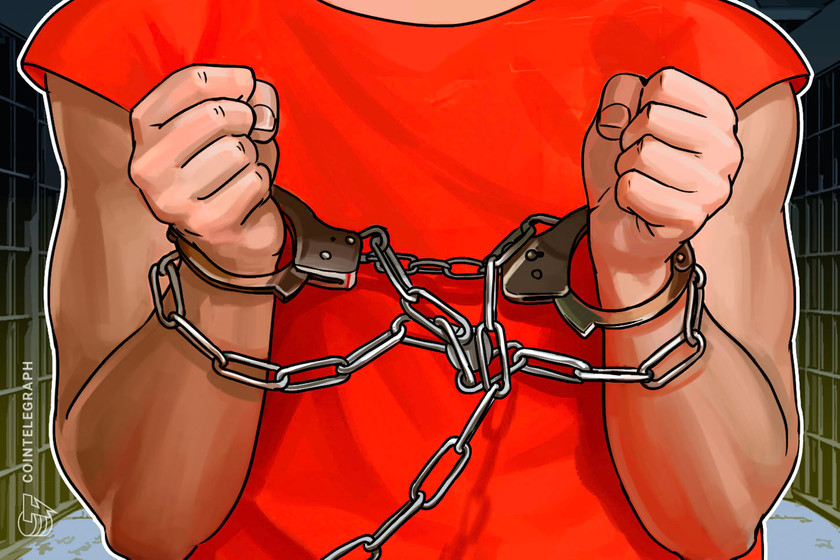Paxful CEO announces 88% of accounts unfrozen, $4.4M in funds remaining


“I gave up my title as CEO to unfreeze these accounts and am also in danger of being in contempt of court,” said Ray Youssef.
The CEO of peer-to-peer crypto marketplace Paxful has announced the unfreezing of 88% of previously frozen user accounts more than a week after suspending operations.
In an April 16 Twitter thread, Paxful CEO Ray Youssef said roughly $4.4 million in frozen funds remained on the platform after staff had unfrozen 88% of existing accounts. According to Youssef, the unfreezing of accounts had been accomplished “with no engineers or compliance folks,” claiming all remaining frozen funds were “in the hands of” United States financial regulators.
Youssef said though roughly 3% of total user funds were still frozen, he had made the unfreezing his “final act” as Paxful’s CEO:
“I gave up my title as CEO to unfreeze these accounts and am also in danger of being in contempt of court,” wrote Youssef. “That is what I did besides alot of sleepless nights. Nothing more I can do but sleep well tonight. Integrity trumps risk.”
4.4m of frozen funds remain in Paxful, about 3.3% of total customer funds. We freed a total of 3m this year thru tremendous compliance effort. Those who would say that I am somehow destroying my reputation to steal 4m bucks are mad. I don’t have a price 4million or 4 trillion. pic.twitter.com/MU6GdUweZF
— Ray Youssef (@raypaxful) April 16, 2023
Related: Paxful shutdown hits Nigeria harder than the rest of the world — Here’s why
The “contempt of court” claim was likely related to ongoing litigation between Youssef and Paxful co-founder Artur Schaback, who helped launch the platform in 2015. Schaback claimed in court the company had been involved in the misappropriation of funds, money laundering and evasion of U.S. sanctions. Youssef told Cointelegraph at the time the allegations were “ridiculous.”
The announcement followed the suspension of operations for Paxful users on April 4. At the time, Youssef said there had been some “key staff departures,” citing “regulatory challenges” the platform was facing. The CEO had already authorized refunds for Earn program users affected by the collapse of Celsius months prior.






















